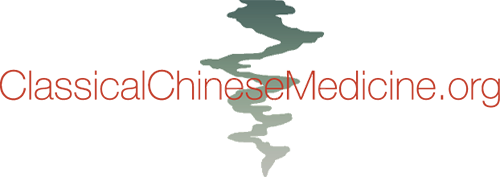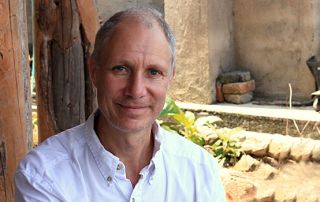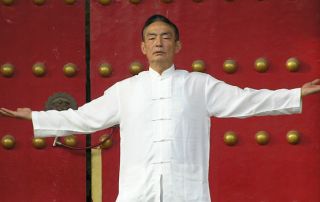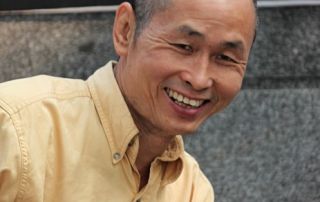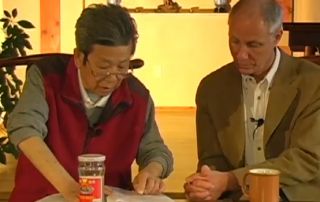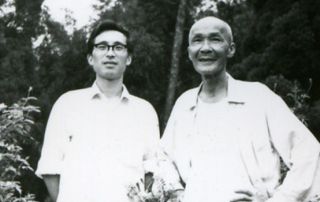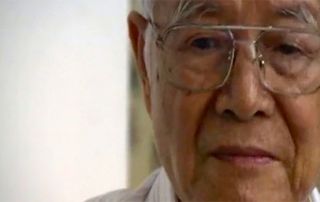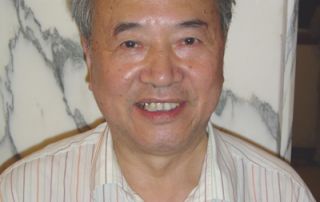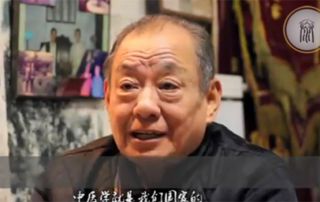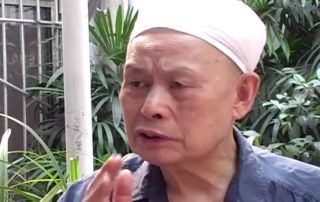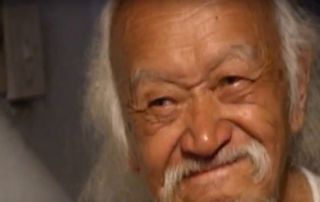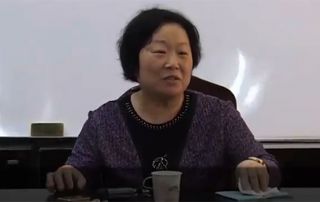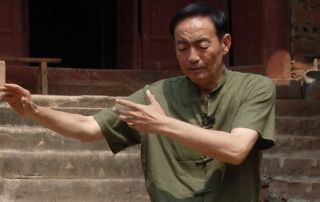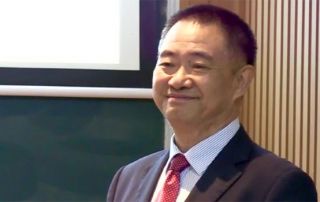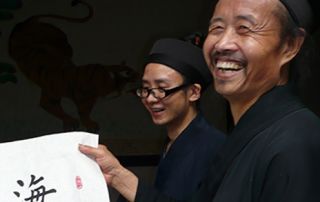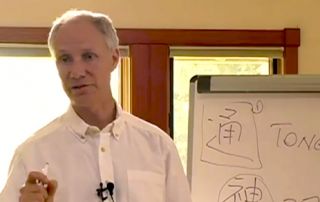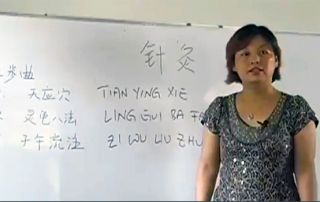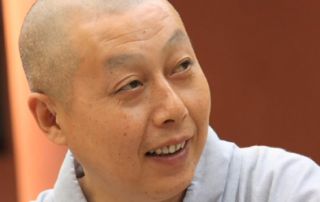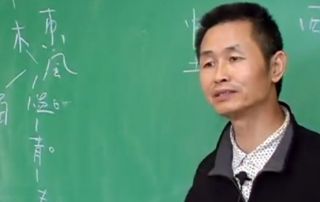About Us
This site presents an alternative collection of materials by the Classical Chinese Medicine scholar Heiner Fruehauf (College of Classical Chinese Medicine at National University of Natural Medicine) and a group of like-minded colleagues, notably Wang Qingyu (Sichuan Academy of Cultural History), Liu Lihong (Guangxi University of Traditional Chinese Medicine), and Wu Sheng’an (Xi’an Province). The intention of the site is to transmit the time honoured science of Classical Chinese Medicine as a highly sophisticated and deeply spiritual art form.
Contributors to ClassicalChineseMedicine.org:
Liu Lihong, Wang Qingyu, Zeng Rongxiu, Heiner Fruehauf, Wu Sheng’an, Hu Changjiang, Deng Tietao, Zhang Zhiwen, Chen Yuqin, Abbot Mingchan, Abbot Fu Yuanfa, Deng Zhongjia, Abbot Fu Yuanfa, Jian Yuguang, Lu Chonghan, He Chan, Zhao Fu, Wan Lanzhen
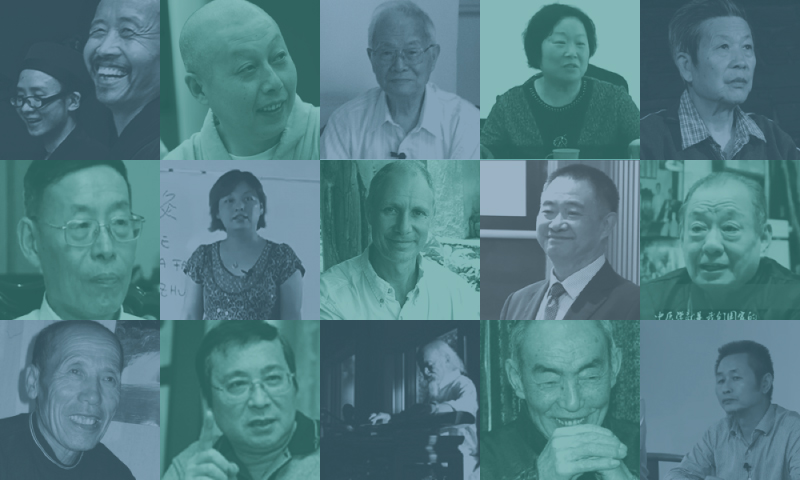
Heiner Fruehauf
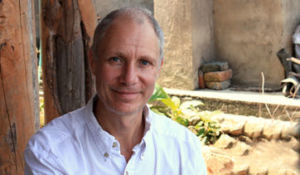
Heiner Fruehauf
Heiner Fruehauf, Ph.D., L.Ac. was born into a German family of medical doctors specializing in natural healing modalities such as homeopathy, herbalism, and hydrotherapy. His great grandfather studied with Sebastian Kneipp, one of the fathers of the European nature cure’s movement. Prof. Fruehauf studied sinology, philosophy, and comparative literature at Tübingen University, Fudan University (Shanghai), Hamburg University, Waseda University (Tokyo), and the University of Chicago, where he earned a doctoral degree from the Department of East Asian Languages and Civilizations in 1990.
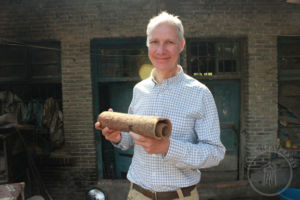
Heiner with sun dried rougui from a 25 year old tree in Yunnan Province
After encountering a serious health crisis, he became interested in supplementing his theoretical training in the philosophy and cosmology of Chinese medicine with the study of its clinical applications. While completing two years of post-doctoral training at Chengdu University of Traditional Chinese Medicine, he was mentored by Deng Zhongjia, one of China’s primary expert in the fields of formula studies and the classical foundations of Chinese medicine. In addition, he sought out the classical roots of Chinese medicine outside the institutionalized TCM setting: Daoist medicine and Jinjing Qigong with Wang Qingyu; Shanghan lun pulse diagnosis with Zeng Rongxiu; Sichuan Daoism with Wang Chunwu; and traditional Sichuan folk art and music with Wang Huade. Since 1992, he has published widely on both the theoretical and clinical aspects of Chinese medicine.
Presently, Heiner Fruehauf serves as Founding Professor of the College of Classical Chinese Medicine at National University of Natural Medicine in Portland, Oregon, where, until recently he served as dean, and has been teaching since 1992. His scholarly endeavors include the direction of an ongoing research project on the archaic symbolism of Chinese medicine terminology, including an in-depth analysis of the acupuncture point names. As a practitioner in private practice at The Healing Order in Corbett, Oregon, he focuses on the complementary treatment of difficult and recalcitrant diseases, including cancer, heart disease, and chronic digestive disorders. He also launched Classical Pearls Herbal Formulas over ten years ago, a Chinese herbal formula company in Portland, Oregon that sources its raw materials directly from small family farms located on unpolluted land in China.
In addition, Prof. Fruehauf is the director of the Heron Institute, a non-profit institution for the research and preservation of traditional life science. In this capacity, he has been leading the Sacred Mountain Retreat for fifteen years, a periodic study tour focusing on Qigong and other aspects of Classical Chinese Medicine, held in the sacred mountains of Southwest China.
Wang Qingyu
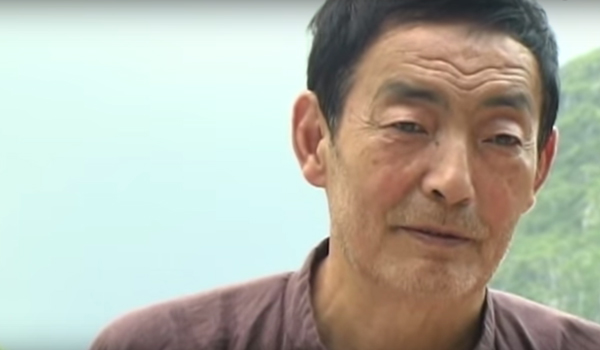
Wang Qingyu
Born into an aristocratic family in 1937, Wang Qingyu has lived through remarkable changes in fortune and circumstance during the course of his life. As the political climate in China shifted first one way, and then another, he found himself thrust from affluence and high-regard, to poverty and vilification as the son of a long line of martial arts masters and generals of the Qing empire. Drawing upon the mysterious alchemy of the human spirit, he turned misfortune and persecution into a life of compassion and service for others.
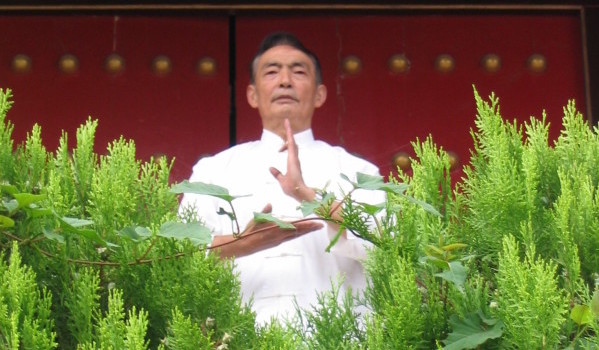
Wang Qingyu, practicing Jinjing Qigong
Prof. Wang is now recognized by the Chinese government as one of the outstanding masters of Daoist medicine, holding a lifetime appointment for research in the field of martial arts and the ancient science of nourishing life at the Sichuan Academy of Cultural Sciences. In 1987 he served as the poolside physician to the Sichuan diving team during the Sixth China Games. He was then called to Beijing by the Olympic training committee to treat China’s star divers including gold metal winners, Gao Min and Xu Yanmei. During the renaissance of Chinese Qigong during the 1990s, he served as the government’s primary consultant in assessing the credentials and skills of Qigong masters around China. In 1993, he retired from a strenuous healing practice in Beijing to continue his research and teaching in the city of Chengdu where he chairs the Sichuan Society of Daoist Studies. He is the author of a number of articles and two books, Michuan daojia jinjing neidan gong (Esoteric Daoist Internal Alchemy Jinjing Qigong, 1990) and Daoyi kuimi (A Glimpse at the Secrets of Daoist Medicine, 1994), and coauthor of Sichuan wushu daquan (The Great Encyclopedia of Sichuan Martial Arts, 1987).
From a young age Wang Qingyu was raised to be a master in an environment rich with tradition in martial arts, scholarship, and medicine. He studied a multitude of martial arts styles with some of the most renowned teachers of his time, including his father who used to lash him with a whip if he failed to hold a training posture for the required number of hours. At the age of ten, he met his primary teacher, Master Li Jie, a wandering Daoist hermit whose abilities as a healer, scholar, and martial arts expert made him a living legend in China’s Southwestern provinces. Under Li’s supervision, the young Wang became adept in many areas including Daoist herbalism, fingernail diagnosis, acupressure, and the various arts of nourishing life.

Wang Qingyu demonstrating Jinjing qigong
A few years after the establishment of the People’s Republic of China in 1949, the orphaned Wang was assigned to teach middle school in the wild Tibetan regions of Sichuan Province, an area that remained rife with guerilla warfare until the 1960s and was to become notorious for its labor camps. Although the conditions were both dangerous and harsh, Wang continued his various disciplines and studies, broadening his knowledge of calling to become a Daoist healer and dedicated his life to helping the sick.
During the chaotic period of the Cultural Revolution in the 1960s and 1970s, Wang continued to treat ill villagers even though it placed him in constant danger of being criticized as an “advocate of the feudalist past.” Over the years, Dr. Wang built an impressive record of healing a wide variety of serious illnesses including post-stroke paralysis, cancer, and rheumatoid arthritis. In the 1980s, he emerged from a nationwide competition of folk healers as one of three finalists, and has since served as an on-call physician for China’s political and sports elite. As the last surviving disciple of Master Li Jie, he is the official lineage holder of the Jinjing (Tendon and Channel) School of Qigong. Presently, he lives in retirement in Chengdu where he chairs the Sichuan Association for Taoist Studies and the Foundation for the Research and Preservation of the Science of Nourishing Life. During the summer months, he teaches foreign students about the intricacies of Qigong and Daoist medicine during the Heron Institute’s annual Sacred Mountain Retreat Program.
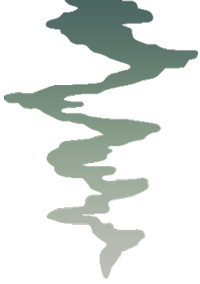
Colleagues, Friends, and Contributors
Click an image to view the slideshow (includes biographical information)
Liu Lihong
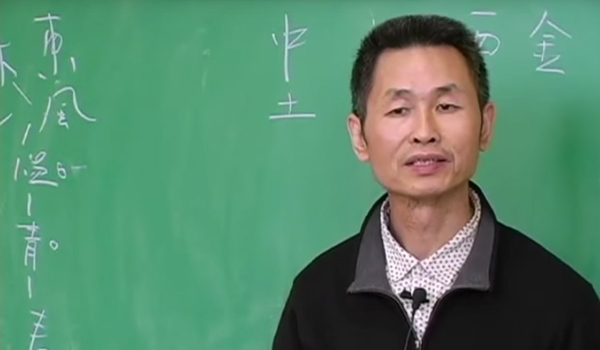
Liu Lihong, teaching
Liu Lihong studied Chinese medicine at Guangxi University of Traditional Chinese Medicine, Chengdu University of Traditional Chinese Medicine, and Nanjing University of Traditional Chinese Medicine, and became one of the earliest recipients of a doctoral degree in Traditional Chinese Medicine when the P.R.C. first established Ph.D. programs in this discipline. He wrote his dissertation on chrono-medical considerations in the Shanghan lun (Treatise on Disorders Caused by Cold) under the mentorship of the late Shanghan expert Chen Yiren.

Liu Lihong with Heiner’s daughter
Outside the institutional TCM setting, he sought out instruction from the late Chinese medicine cosmology scholar Li Yangbo, the Daoist medicine expert Wang Qingyu, the Shanghan physician Zeng Rongxiu, the Yijing master Zeng Yisheng, the emergency medicine specialist Li Ke, and a host of other local physicians whose practice is still characterized by the highly traditional and locale-specific flavor of classical Chinese medicine. As part of his personal commitment to his Buddhist path and the people of Tibet, Dr. Liu established a Chinese medicine hospital in Seda (Tibetan part of Western Sichuan), and served as personal physician to the late Rimpoche Kenpu Jikhpun, head of the Ningma sect of Tibetan Buddhism (regarded by the Tibetans as one of the reincarnations of Manjushri, the Buddha of Wisdom).
Today, he serves as a senior professor at Guangxi University of Traditional Chinese Medicine, and has emerged as one of China’s foremost experts on the Shanghan lun, the 1,850 year old classic that first established a coherent medical methodology based on cosmological principles, as well as the Yijing (Book of Change). He is also at the forefront of a Chinese renaissance movement that aims at reviving the depth and the core values of Classical Chinese Medicine. In his capacity as a scholar, he has recently published the influential books, Sikao zhongyi (Contemplating Chinese Medicine, 2003) and Kaiqi zhongyi zhi men (Opening the Door to Chinese Medicine, 2004). In addition, his work on classical Chinese medicine has recently been featured in a documentary by the Guangxi Province TV Station. He lives with his wife and daughter in Nanning, Guangxi Province, and each summer, teaches foreign students about the intricacies of Classical Chinese Medicine during the Heron Institute’s periodic Sacred Mountain Retreat Program.
Wu Sheng’an
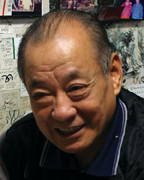
Wu Sheng’an
Dr. Wu Sheng’an is a classically trained master physician who still combines many traditional skills that are virtually impossible to find in one person in modern-day China: chrono-acupuncturist, wildcrafter and processor of medicinal plants, internal medicine expert specializing in difficult and recalcitrant diseases, Taiji master, and active proponent of Sun Simiao’s medical ethics.
Dr. Wu Sheng’an was born in Xi’an, the ancient capital of China and capitol of Shaanxi Province. When he was 10 years old, he became a disciple of Zhu Mulin, former physician of the Qing dynasty imperial court. From him, he learned to respect Chinese medicine as a science in its own right, and to master the traditional art of individualized diagnosis. At the same time, he apprenticed with Li Shaoting, director of Xi’an’s Chinese Medicine Hospital. Dr. Li transmitted to him the medical teachings in the lineage of the Qing dynasty master physician Huang Gongxiu, as well as his unique mastery of the ancient chrono-acupuncture systems of ziwu liuzhu and linggui bafa. In addition, he studied intensively with the renowned physician Ma Ruiting, who imparted to him the clinical essence of the influential Qing dynasty work, “Eight Medical Volumes by Huang Kunzai.”
In a medical practice that has spanned more than 50 years, Dr. Wu has synthesized the core teachings of these lineages into one highly effective and cohesive clinical system. As the field of modern TCM is becoming increasingly standardized and aligned with the diagnostic and therapeutic procedures of Western medicine, he stands as an ardent proponent that real recovery can only come from treatments that stimulate the body’s inherent ability to heal. This firm belief in nature’s intelligence is the foundation for his reputation as one of China’s most effective clinicians.
